This year’s judging panels encompass some of the most respected, knowledgeable, cutting-edge thinkers working in the nature and conservation industry today. From TV presenters to writers, activists, scientists, booksellers, opinion leaders, artists, CEOs and charity workers, this year’s judging panel showcases the leaders of the nature and conservation writing world.
We spoke to our 3 panels of judges – Nature, Conservation, and Children’s Writing – about what the Wainwright Prize means to them; the importance of nature and conservation writing; and the books that inspire them most.
Nature Judges
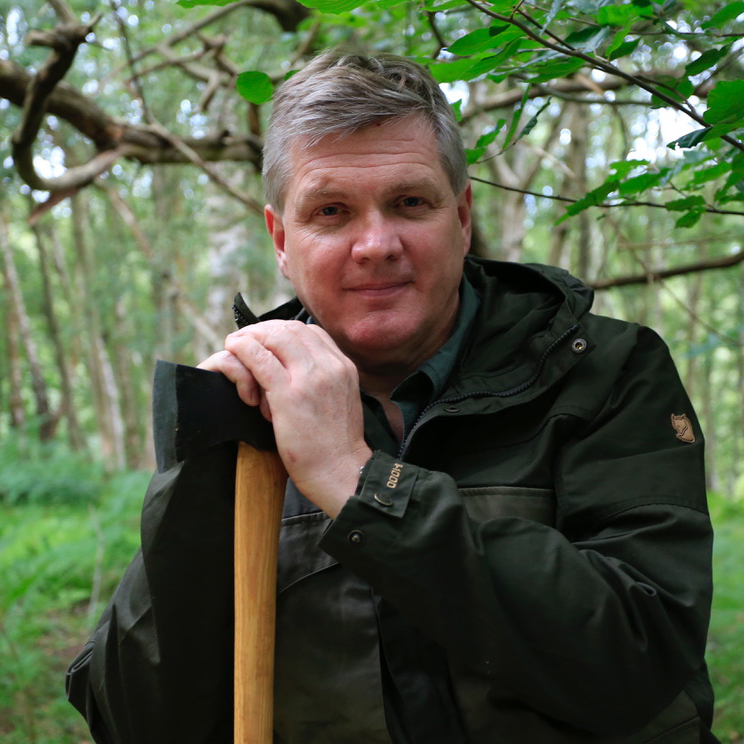
Ray Mears – Ray Mears is a world-class authority on the subject of Bushcraft and Survival who has become a household name through his various television series.
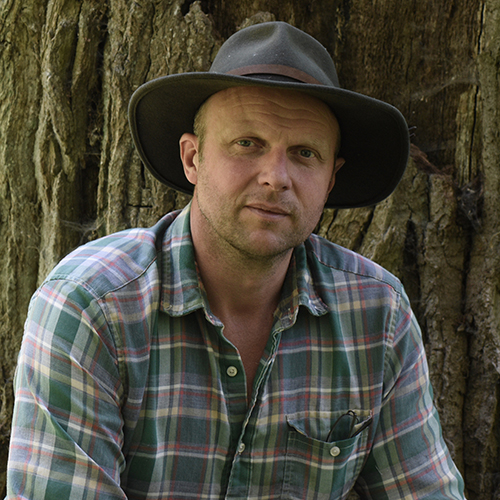
James Aldred – James Aldred is a multi-award-winning wildlife cameraman who has worked across the biggest titles in nature documentaries. His extraordinary novel Goshawk Summer won the 2022 James Cropper Wainwright Prize for Nature Writing.
“Being invited to join this year’s judging panel is a real honour. There are so many talented nature writers producing such high-quality work at present, that it’s been a real joy to be asked to read some of the best. Especially in this 10th anniversary year. The 6 shortlisted titles have taken me on fantastic, thought-provoking journeys from remote islands in the Indian Ocean, to the ancient pine forests of Scotland and beyond. And I’ve loved every minute. Like many others, I feel that now, perhaps more than ever, there is a real need to help connect people with nature. By raising the profile of nature writing, the Wainwright Award helps inspire and reach new readerships. And this has to be a good thing to be involved with. TV comes and goes but books last forever.”
Favourite Nature Book: Dawn, Dusk and Deer by Arthur Cadman
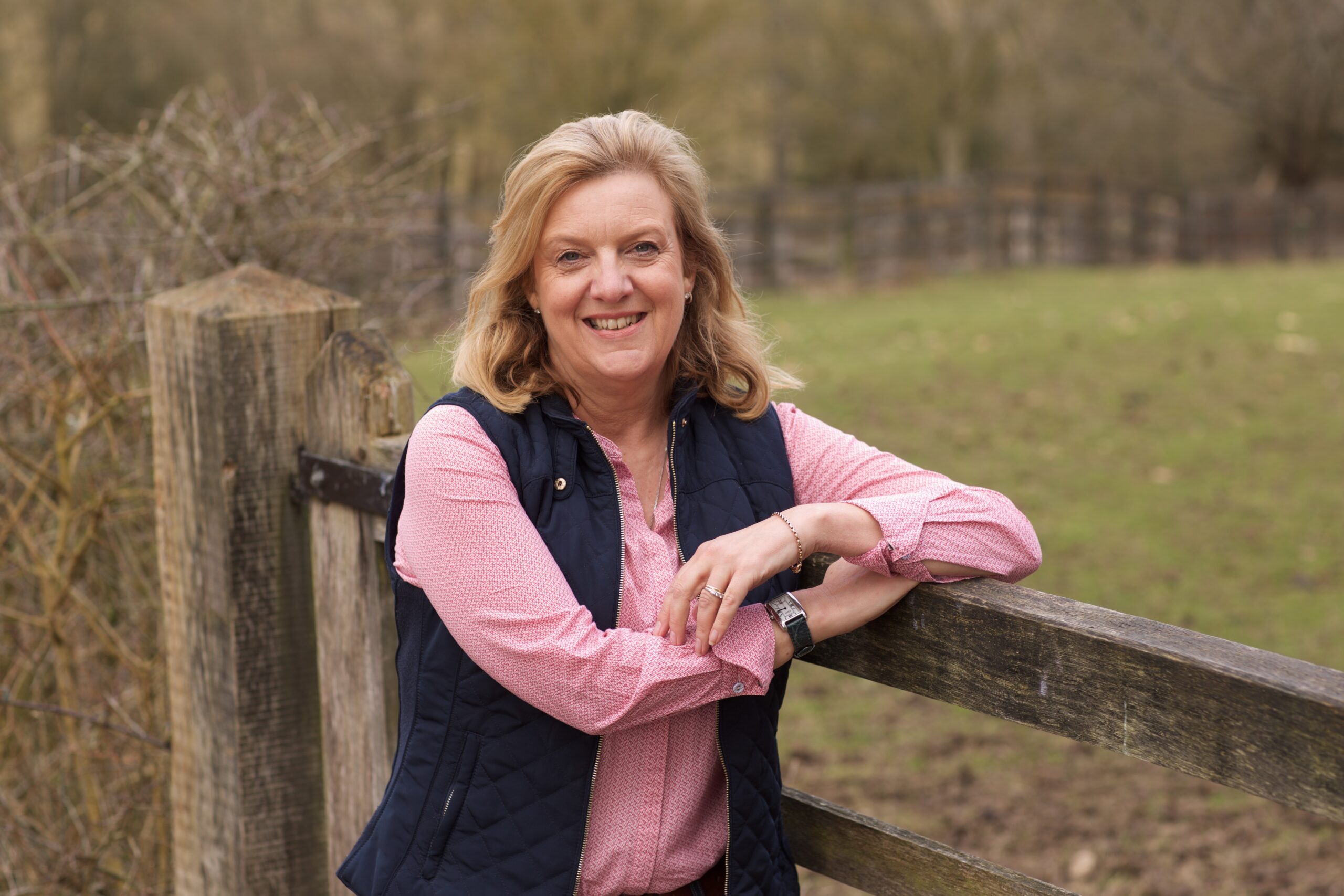
Charlotte Smith – Charlotte Smith is a prominent broadcaster and presenter who works across the popular Farming Today, Countryfile and BBC Radio 4.
“It’s always a joy to be involved with this prize – though a bit tense at this point with a lot of re-reading to go! It’s been incredible over the last decade to see nature writing grow so much in popularity and a privilege to read some wonderful books and meet their inspirational authors – I think the Wainwright Prize has done a lot to raise the profile of this genre.”
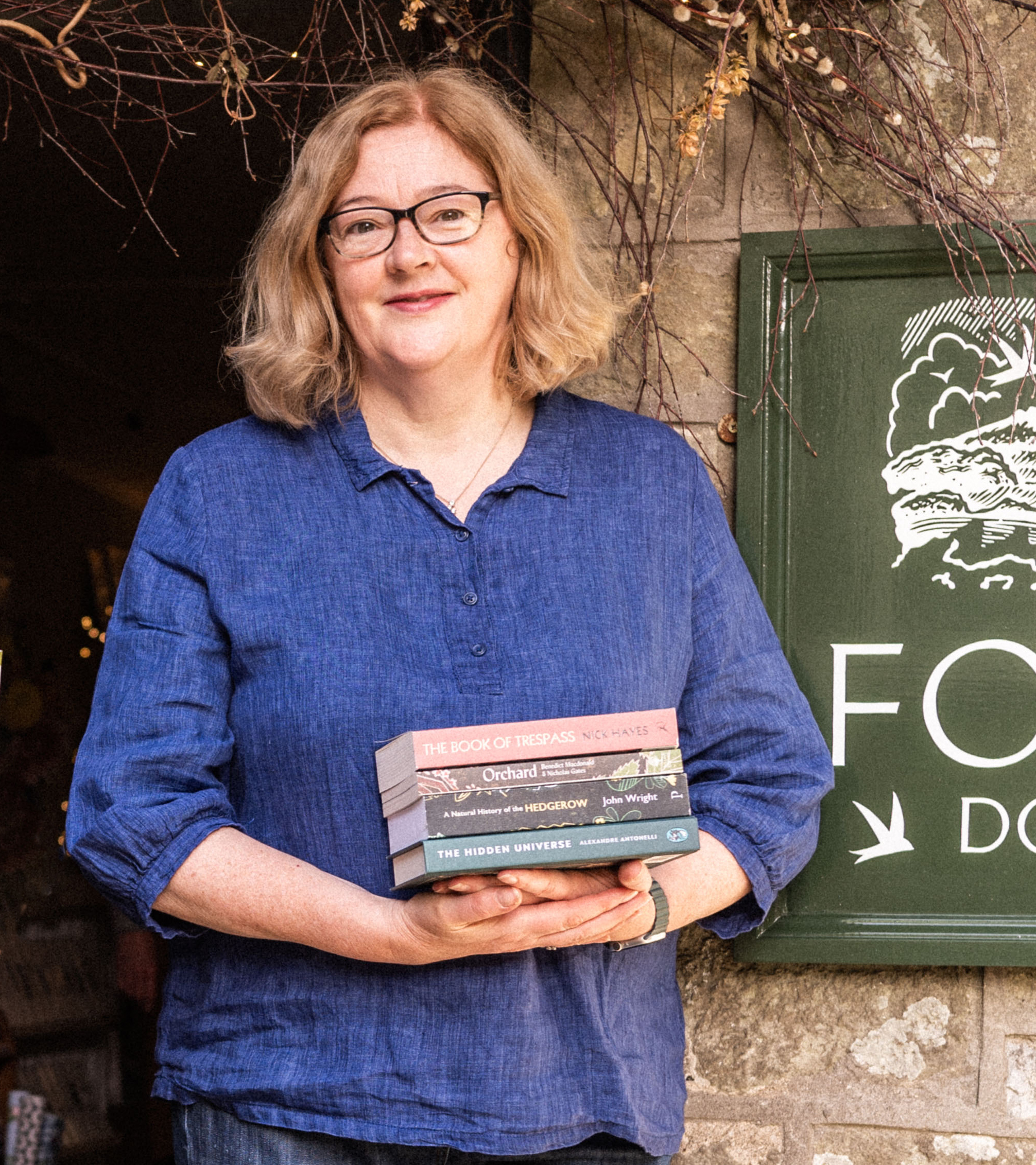
Amber Harrison – Amber is co-founder of FOLDE Dorset, an independent bookshop focused on nature writing. Before opening FOLDE, Amber gained nearly two decades of sustainability expertise in the commercial world.
“Being a specialist bookshop focused on nature writing means we probably see the increasing interest in the genre more than most. It’s heartening to see new, young and diverse authors emerge alongside authors widely recognised for their contributions over the years. The current nature writing highlights a better understanding of the natural world and our place in it. In particular, we see titles that show nature’s importance in providing a restorative environment for individuals and communities. From biodiversity to regenerative agriculture, coast to country, memoir to manifest, today’s canon of writing is extraordinary. That’s why recognising this genre’s breadth and depth is vital. The James Cropper Wainwright Awards champions and celebrates the very best of nature writing, and it’s a joy and privilege to be a judge for this – the tenth anniversary year. We take great pride in our selection of titles, and having the added credibility of a Wainwright listing helps people who might not be sure about taking a first step into nature writing to be reassured they will read something important, interesting or funny – and sometimes all three.”
Favourite Nature Book: Braiding Sweetgrass by Robin Wall Kimmerer
“One of the most notable books I have read is Robin Wall Kimmerer’s ‘Braiding Sweetgrass’. She takes the reader on a journey through tradition, belief, and the understanding and need for reciprocity with the natural world. It’s a book I often think about and recommend to others.”
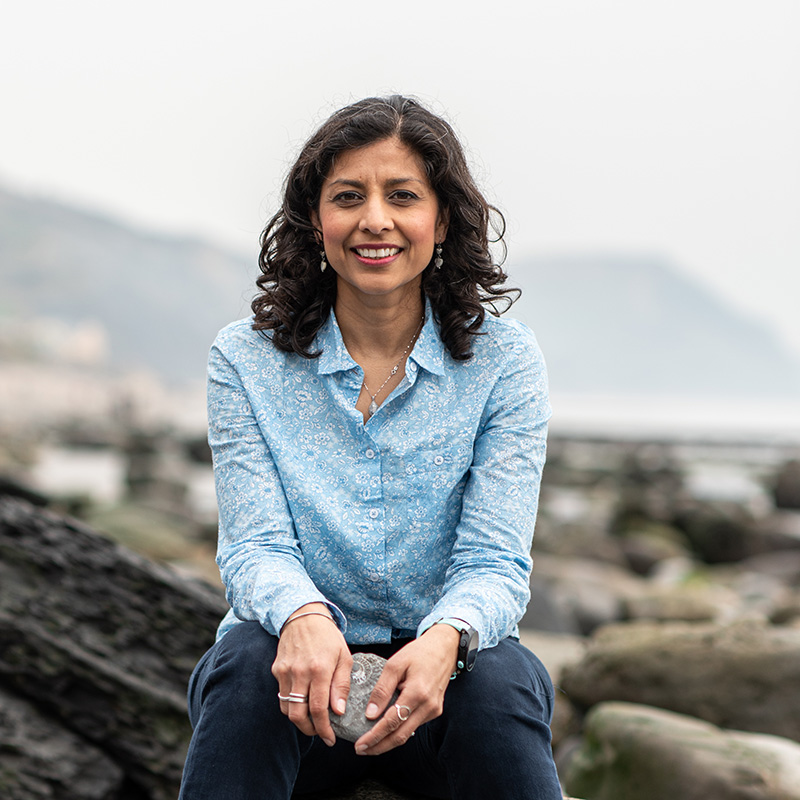
Dr Anjana Khatwa – Dr Anjana Khatwa is an award-winning earth scientist, presenter, and advocate for diversity in geography and conservation, bringing stories about the origins and formation of natural landscapes to life for a wide range of audiences.
“My initial reaction on being approached to judge the prestigious Wainwright Prize 2023 for nature writing was a combination of shock, joyful elation and an opportunity for my imposter syndrome to raise its ugly head. As an Earth Scientist and a woman of colour who has worked in natural heritage for over 20 years, it has taken a long time for me to find my sense of belonging and power in this space. I exist in a peripheral world on multiple levels compared to many of my compatriots in this area. Firstly, my passion lies in telling the complex but extraordinary story of rock that is often seen as a silent, invisible bystander in a natural world filled with colour, sound and movement. Secondly, my sense of isolation and exhaustion also comes from being part of the dismal 0.6% of ethnic minority people working in the natural environment sector (Policy Exchange, 2017).
However, over the last few years, I have fought to build a platform for my voice and the causes that I am passionate about. A community of friends and allies who recognise the need for greater inclusion in nature has blossomed around me. These wonderful people, some of whom are part of the Wainwright Prize community, have supported me and given me real hope for the future. To be invited to judge the 2023 James Cropper Wainwright Prize in its’ 10th anniversary year is an astounding honour that is deeply humbling. I am privileged to read the beautifully crafted words of practitioners who love and advocate for nature as I do.”
Favourite Nature Book: Underland by Robert Macfarlane
“Perhaps one of the finest pieces of nature writing that has stayed with me is Underland by Robert Macfarlane which won the Wainwright Prize in 2019. During the 2020 lockdown, I borrowed the audiobook version from my local library to escape from the endless days of homeschooling and redecorating. As a geologist, I wondered whether the book would make me feel differently about the subsurface; whether Robert could help me to look at my specialism through a different lens. As the words (read so movingly by Roy McMillan) drifted through my imagination, I felt drawn into a dazzling world that at times felt terrifyingly claustrophobic and yet wondrously strange and exotic. Even as a seasoned geophile, Underland allowed me to step away from my rigid, academic approach towards geology and appreciate the human connection and appreciation of rock. Robert’s book has not only informed the way I feel about the subsurface (the chapter on the nuclear waste repository is unforgettable), but it opened the possibility for me that geology was finally finding a space to shine in nature writing. It has given me the confidence to write The Whispers of Rock, my forthcoming debut non-fiction book which tells the global story of how rock has not only shaped and changed the world we live in but also ourselves.
As a judge in this 10th Anniversary year, I am looking forward to selecting a winning entry that similarly paves a new approach to how we feel and think about the natural world. A book that will inspire and engage people from all backgrounds to see themselves reflected in a mutual love for the natural world.”
Conservation Judges
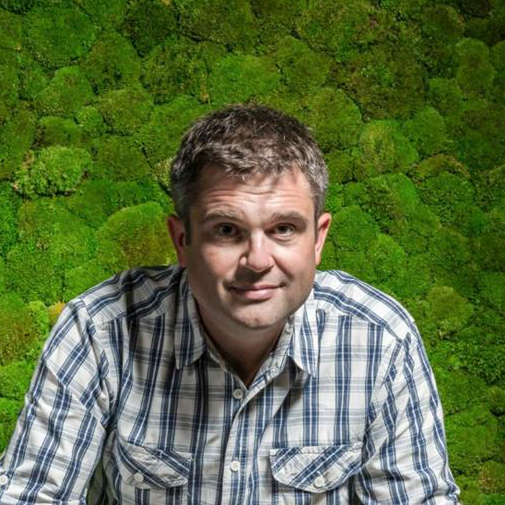
Craig Bennett – Craig Bennett is Chief Executive of The Wildlife Trusts
“It’s a huge privilege and honour to be a judge for the Wainwright Prize although every year the quality of the shortlist seems to get better and better and so the job gets harder and harder!
I’m in awe at the skill and passion that writers are demonstrating, using beautiful language and good old-fashioned story-telling to help readers understand and connect with ecological concepts and critical conservation issues that might otherwise seem dry and impenetrable. It is great to be part of The Wainwright Prize which is playing such an important role in recognising and celebrating this talent”.

Mark Cropper – Mark Cropper is the current custodian of James Cropper Paper, a specialist provider of niche and sustainable paper solutions which has been led by the Cropper family for six generations, with an operational reach in over 50 countries. Mark led a symposium last year for the Prize on Sustainability in Publishing and is making waves in the industry. He works on local conservation projects, tackling energy, zero-carbon homes, bio-abundant farming, and meadow restoration.
“We’re over the moon to be bringing the James Cropper Wainwright Prize home to Kendal in a 10-year anniversary celebration befitting this fantastic accolade.
Having produced bespoke papers for Alfred Wainwright’s wonderful Pictorial Guides; hosting the ceremony close to our mill in the town where Alfred Wainwright lived and worked is a very special moment.”
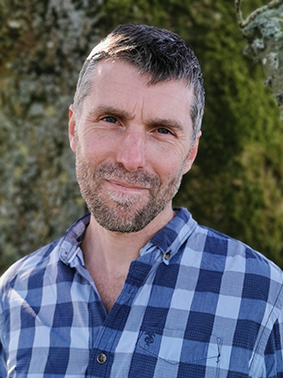
Lee Schofield – Lee Schofield is the author of the James Cropper Wainwright Prize shortlisted book Wild Fell and an RSPB Senior Site Manager in the Lake District.
“I’m hugely honoured to be on this year’s Conservation Prize judging panel. The Wainwright Prize provides an incredible boost for writers, amplifying their book’s messages about nature and the environment, which become more and more vital with every passing year.
It’s particularly special to be involved this year, as the Prize comes to Cumbria, where I live and work. Cumbria and the Lake District are places where the challenges around balancing food production, conservation, access and tourism are playing out in real time. I’m very fortunate to be part of a thriving community of naturalists, farmers, artists and writers who are exploring solutions that can work for people and planet. The recognition of my book Wild Fell in last year’s Conservation Prize, helped its message of hope for the UK’s uplands to be heard. I know that the same positive impact will be felt by all the wonderful short and longlisted authors, all of whom deserve congratulations.”
Favourite Nature Book: Wildwood, by Roger Deakin.
“Roger’s eccentric and joyful exploration of trees and woods is so unique and vibrant, I can still taste its appley flavour.”
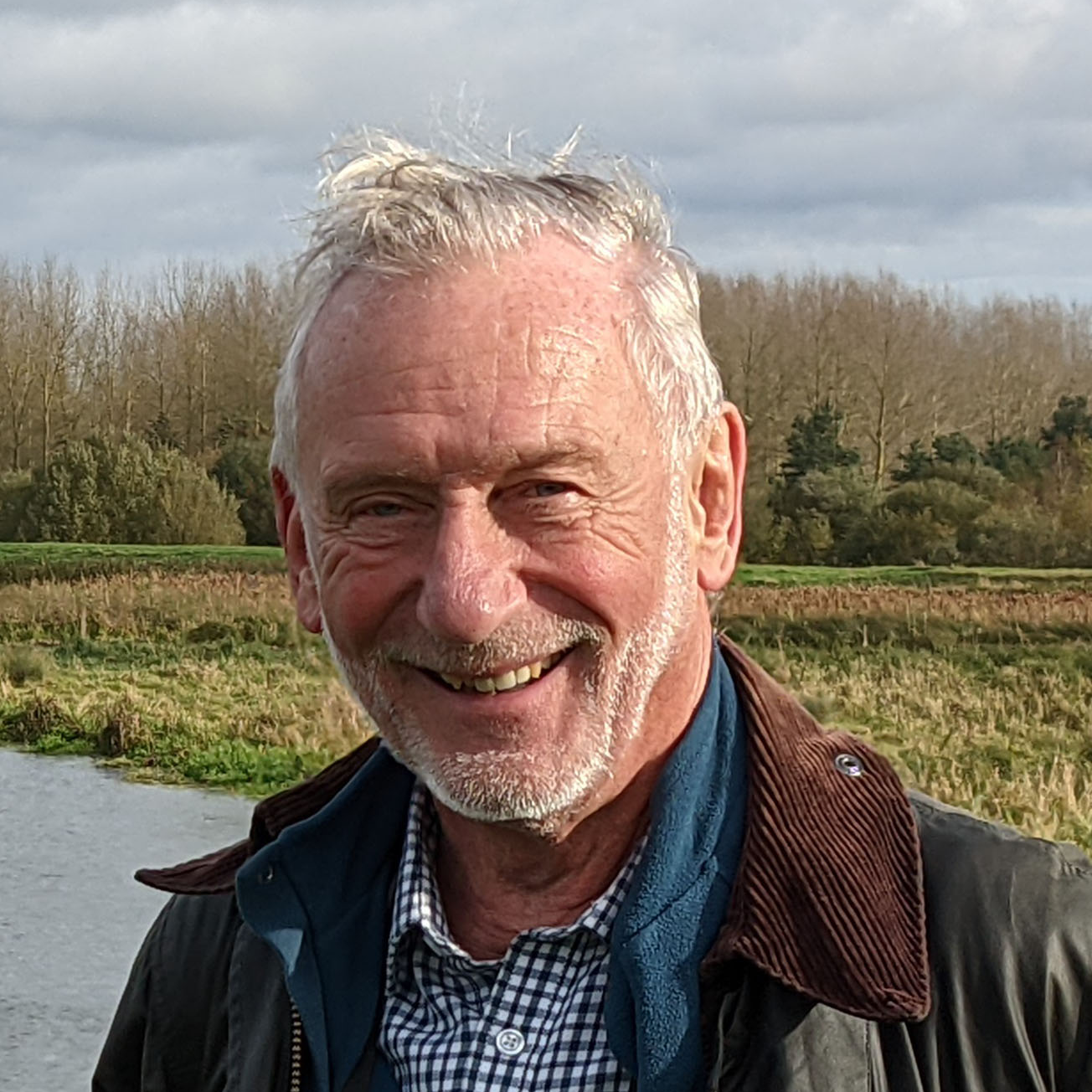
Sir John Lawton – Sir John Lawton is an environmental scientist and conservationist, formerly Chairman of the Royal Commission on Environmental Pollution, Chief Executive of the Natural Environment Research Council, and Chairman of the Endangered Landscape Programme. His Making Space for Nature report to Defra continues to have a major influence on conservation policy in the UK.
“It has been an absolute pleasure to read 12 books that (almost but not quite) without exception I would never even have thought about finding the time to read if I hadn’t been asked to judge them. All of them taught me something; all of them held my interest to the end; and all of them had important lessons to learn about the terrible things we are doing to the environment on this precious planet.”
Favourite Nature Book: Silent Spring, by Rachael Carson; The Natural History of Selborne by Gilbert White; The Life of Robin by David Lack.
“In 1962, reading Rachael Carson’s Silent Spring as an undergraduate left a lasting impression. I have read Gilbert White’s The Natural History of Selborne more times than any other book; I own a precious first edition (1789) and over 60 other editions. David Lack’s The Life of the Robin is a master class in lucid, scientific natural history.”
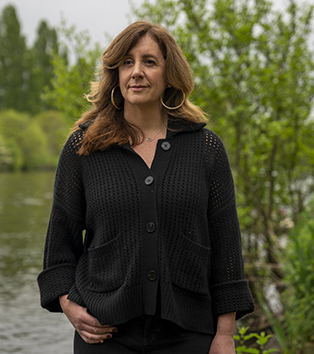
Lucy Siegle – Lucy is a UK-based presenter, journalist, broadcaster and opinion leader who specialises in taking nature stories outside the climate bubble. She is also the author of five environmental titles.
Children’s Judges
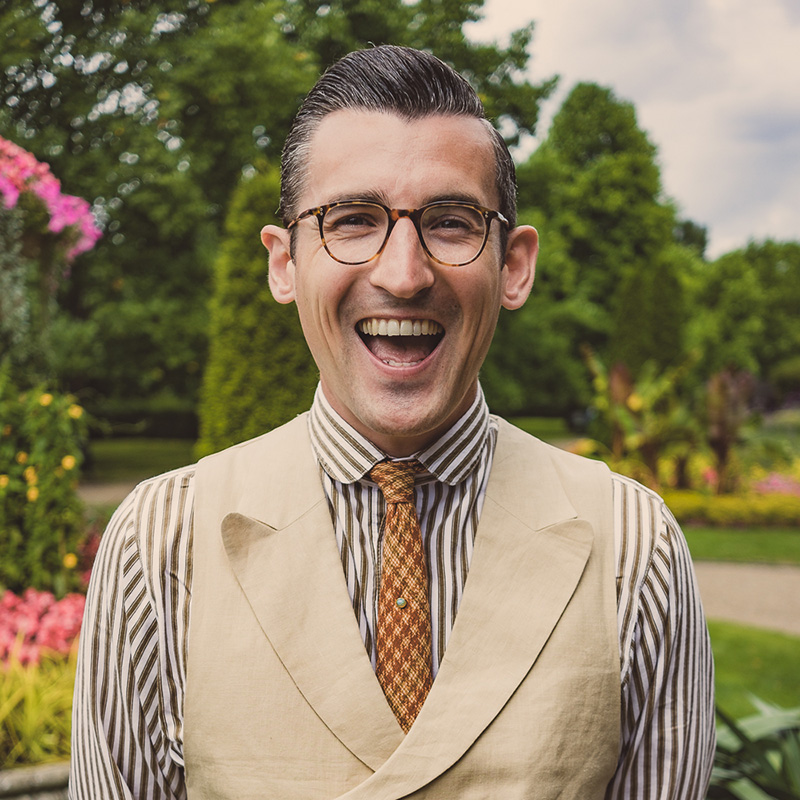
Ben Shires – Ben is the award-winning presenter of kids’ TV favourites Officially Amazing, Match of the Day Kickabout (CBBC) and Dig Detectives (Sky Kids).
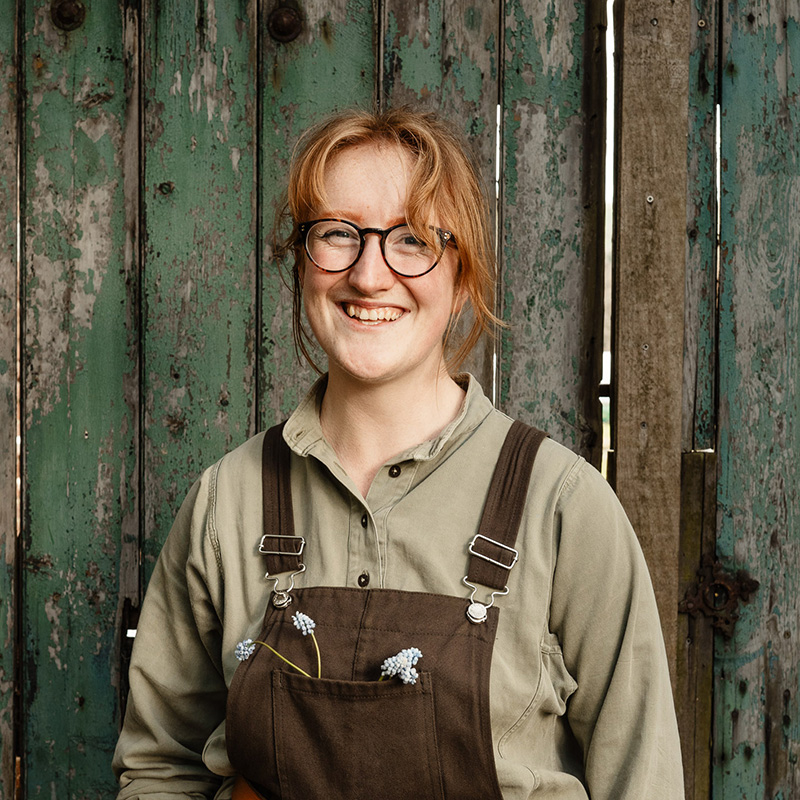
Roisin Taylor – Roisin Taylor is co-director for UK Youth for Nature, a nature-friendly flower farmer and Nuffield farming scholar.
“It is a huge honour to be a young person on the panel for the children’s book prize for nature and global conservation this year. Children’s books played a foundational role in my love of the natural world, and a feast for my imagination. From Brambly hedge, to Beatrix Potter, to worlds of dragons, witches and beasts in my teenage years, nature was the place I went to quiet my mind and imagine I was part of those stories. To be a judge for the 10th anniversary of the Wainwright Prize is a joy and I’m thrilled to play a small role in the process.
Nature and conservation writing is an incredibly important route into recognising all that there is to restore, and better understanding exactly how we can protect it. Sometimes we forget that as individuals fighting for change, something as simple as recommending a book you loved that gives someone a connection to the natural world can be as powerful as being out on the streets marching with others.”
Favourite Nature Book: The Outrun by Amy Liptrot.
“This book showed me what powerful nature writing could sound like. I spent too long steering clear of nature writing because I was surrounded by nature and I thought I understood the depths of it. The Outrun showed me how the grit and mess and chaos of life can be mapped and interwoven with the experience of nature that I held so dear, the rawness and the escape of it that I had failed to put words to. The experience of growing up on Orkney felt akin to a youth I had growing up in rural county Durham, and I came to read this book at precisely the time when I wanted to return home and surround myself with the flora and fauna I grew up barely understanding the power of. This book taught me how two worlds I thought could never meet, could be drawn together with a lyricism that made my heart ache. It is the book I recommend to everyone when they ask for a nature recommendation and it thoroughly deserves the hype.”
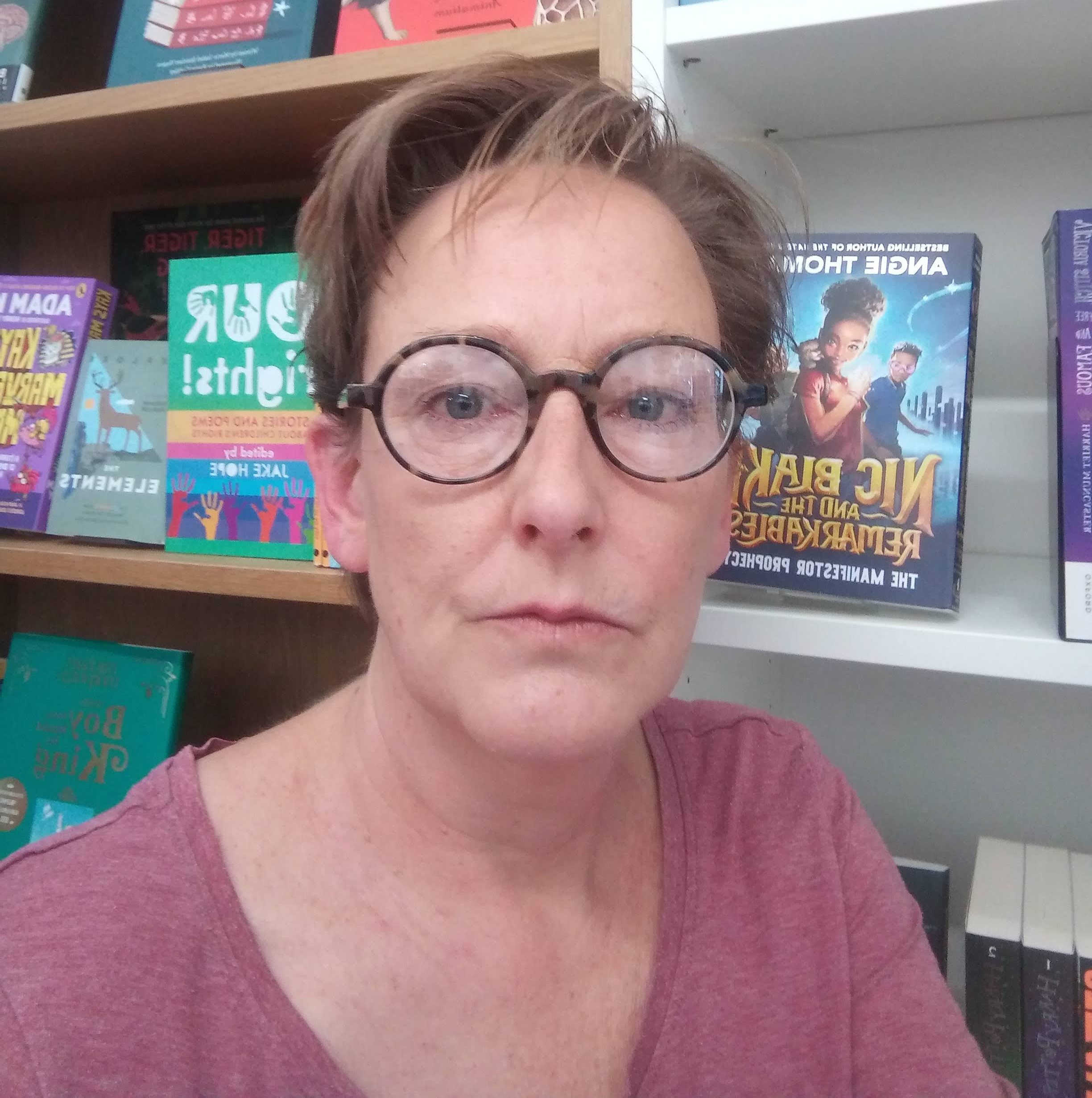
Kate McCloskey – Kate McCloskey has a Ph.D. in Hispanic Literature and a professional background in copywriting, libraries and the social sector. She owns and runs Dogberry & Finch Books in Okehampton on the northern edge of Dartmoor, her home town’s first indie bookshop in 30 years.
“The annual Wainwright Prize has always been a personal highlight of the bookselling year at Dogberry & Finch Books, so it’s been a massive honour to be part of the judging panel for the Children’s Wainwright Prize in its 10th anniversary year. My favourite childhood nature books were The Little Grey Men by B.B. and My Side of the Mountain by Jean Craighead George. Children’s nature and conservation writing has come a long way in terms of diversity, emotional and socio-environmental education, which is reflected in the astonishing storytelling and illustrative talent of this year’s longlist. I’m really enjoying re-reading the shortlist and look forward to sharing views with everyone at the panel meeting Zoom.”
Favourite Nature Book: The Little Grey Men by B.B. and My Side of the Mountain by Jean Craighead George
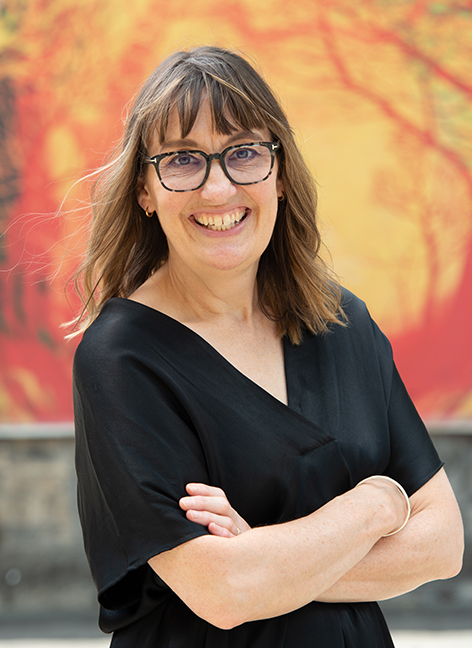
Helen Musselwhite – Helen Musselwhite is a talented artist, creating enchanting paper artworks, often based around the natural world; she was last year’s artist for the Prize.
“I’ve found many of my favorite books and authors through The James Cropper Wainwright Prize so I’m delighted and honoured to be a judge for this year’s 10th anniversary celebration. In its first 10 years its championed and highlighted some of the most important Nature and Conservation writing of a generation in the UK and with the addition of The Children’s Prize it’s a trifecta of importance for the genre and a growing and informed audience.”
Favourite Nature Book: Copsford by Walter J.C. Murray
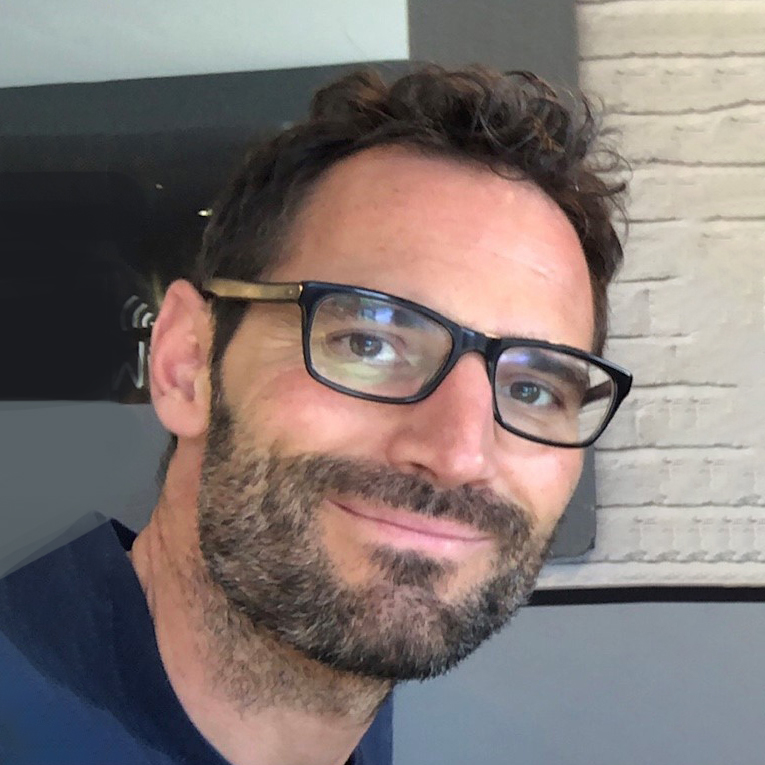
Mark Funnell – Communications and Campaigns Director at the National Trust, Mark has specialised in environmental communications and campaigns for over 20 years.
“The Wainwright Prize is something very special, partly thanks to the explosive growth in nature writing over the last decade. But it’s also the way the genre itself has mushroomed: we aren’t just reading books that marvel at nature and the outdoors, we are ever more immersed in nature. That includes nature’s place in our internal geographies, as we strive to reconnect with what we are losing or have lost. From profound revelations about how nature works or its deep cultural reference points, to nature’s interconnectedness with our mental health and our very humanity, nature writing now traverses a vast landscape. Many of these books have fundamentally changed the way we look at the natural world and how it underpins our existence as a species. And over the last ten years, like rings inside a tree trunk, the Wainwright Prize has been there to mark this extraordinary evolution. All of which makes being a Wainwright Prize judge an absolute honour.”
Favourite Nature Book: Underland by Robert Macfarlane
Make sure to check out of all of this year’s shortlists here.














